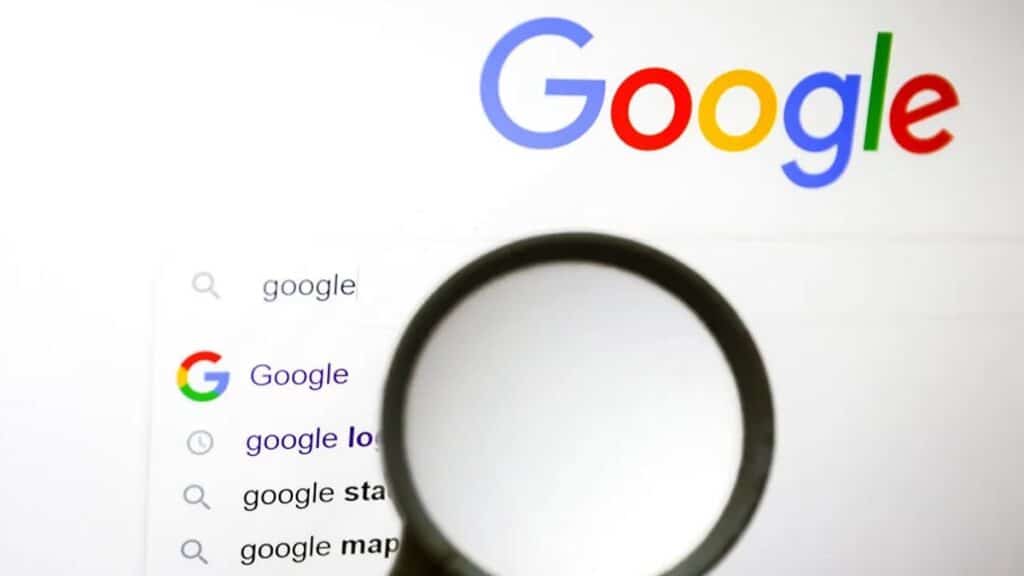Google recently announced theHelpful Content Updatean update to its search engine that should help us to avoid clickbait sites and news aggregators. A change that, starting from 25 August 2022, could give us as users of the web content of higher quality, unique and not automatically generated or translated in a hurry. But the update to Google’s search engine could also help quality journalism? By giving space to unique rumors and interesting news that are reported professionally and creatively?
Google Helpful Content Update and its impact on journalism
According to the search giant Mountain View, this update will serve to promote content “created by people, for people”. In other words, he wants that in search results there are videos, articles and content that someone has carefully curated to provide a nice experience for users. This will mean preferring detailed reviews based on real experience (such as those from techprincess) instead of reviews that mechanically aggregate user opinions on Amazon. Or articles that analyze the reported news rather than news optimized for search engines, but not for users to read.
The SEO (Search Engine Optimization) it is a practice that serves to help algorithms (especially Google’s) understand what sites and content are about, so that when users search for something in the search engine, Google knows that your content is the right one. But the Mountain View giant wants that those who create content pay more and more attention to users. And not for SEO.
Articles for readers, not (only) for SEO
Optimizing for search engines helps Google do its job. Hence the Mountain View giant he doesn’t want journalists who write online to stop following SEO rules that she herself makes available. Rather, as she explains in this article for internet site developers, she wants that shift the focus to the readersi, instead of thinking about Google’s algorithms.

Google says that will penalize who creates content who they use a “search engine-first” approach. In the field of journalism, these Google updates should remove those written articles from the first page of the search “Because I’m trending”. Especially if they are off topic: if a technology magazine like ours wrote about the best ice cream flavors just because they are talked about on social media, it would be penalized (different speech instead for the tech machines for making ice cream at home, instead).
Similarly, a newspaper that writes about all possible topics without having a precise focus it may have more difficulty emerging after the update. Especially if it has content created by automated bots (like Jasper, for example) or if summarizes articles written by otherswithout adding anything new.
Also, all those articles that they don’t really answer questions they should move down the Search list. For example, articles that promise a release date for a popular show’s second season when it has not yet been confirmed.
How will article production change after the update?
Online publications have several ways to reach their audience, but organic Google Search is one of the most importanti: This Helpful Content Update could have a huge impact on journalism. Especially since it looks like the update will reward the contentbased on experience and which are unique, different from the others. And they come from experts.
Evaluating the impact of this update before knowing its extent is risky: we don’t know how much the rankings will change. But Google believes it will have a direct impact on the quality of the content shown. If you are looking for “the best smartwatches of 2022”, instead of one automatically generated list (or created by copying and pasting descriptions on Amazon), you may find articles (like ours) that link in-person reviews that we update manually and constantly. If you are looking for guidance, it doesn’t count how many times in the text there is written “how to do x” to conquer SEObut that it is made by an expert on the subject who describes the situation in a clear but original way.

And if you are looking for news on politics, technology, sports, or any other topic, you will see results from specialized sites where the authors clearly report a “something more” personal. An experience made firsthand, an opinion discussed in the editorial office, an original approach.
If this Google update really worked as described, it would have the power to change journalism on an economic level as well. Instead of rewarding sites that pay little for copywriters who just copy news and translate them wrong with Google Translate, this update could give emphasis on ‘real’ journalism. Reportage by first person of events and facts, honest pieces of opinion and analysis originals. It could bring back the talent and professionalism of writing, rather than rewarding the speed and the ability to summarize news discovered by others.
Google’s Helpful Content Update cannot solve all the problems of journalism
On paper, therefore, the Google update could be a boon for journalism. On the one hand, professionals could write more fulfilling articles, knowing that Google will reward the fact that they report facts in the first person and with analytical skills. On the other hand, users will find quality content more easily: reviews with sincere opinion is human‘, articles written by he understands the subject and videos made with attention to detail.
But we doubt that this update is enough to solvevall the problems of journalism. Because, as easy as it is to attribute all the damage to Google search and social media, not all of them arise in the last few years.

Google wants to remove content that promises without keeping, such as those that talk about the “price of the new iPhone” and then say that no one knows about it yet. But how it will behave with articles with a vague and tempting title, which then turn out to be holes in the water (like: “you don’t know what X did” or “Scandalous, that’s what Y said”)? THE Sensational headlines don’t come from online search and they depend on the integrity of the journalist (and of the headline writer where there is), not on the search engines.
If the Google update pushed quality journalism into the top search results, if users clicked on a interesting article (instead of those with the sensational title but little substance), we think that theentire economic system could change. Publishers may decide to invest more to send reporters to the field (be it on war fields or at Apple events, depending on the area). They could pay more for higher quality content. But are we sure this will happen?
Potential and risks
From Google’s update guidelines, there is a possibility that the generalist newspapers (including historical newspapers) will not be awarded. And then experience does not always equate to quality. If Google featured our event report or detailed review, but you found it unbearable the way we writeyou would leave the site at the maximum speed allowed by your connection.
Google has not “ruined journalism” and cannot save it with an update. But any attempt to help users find the content they’re looking for, as well as creators to find their audience, has the potential to do the whole system good. Also because creating quality content (or at least trying it) is as satisfying as reading, listening or watching it. Let’s just hope it works.
Now that we think about it, even this article does not answer the question we asked ourselves: Will Google Helpful Content Update Help Quality Journalism? Because we do not know yet. So if you have an opinion about it, write it to us in the comments: maybe you will help us fool the new algorithm!















Leave a Reply
View Comments